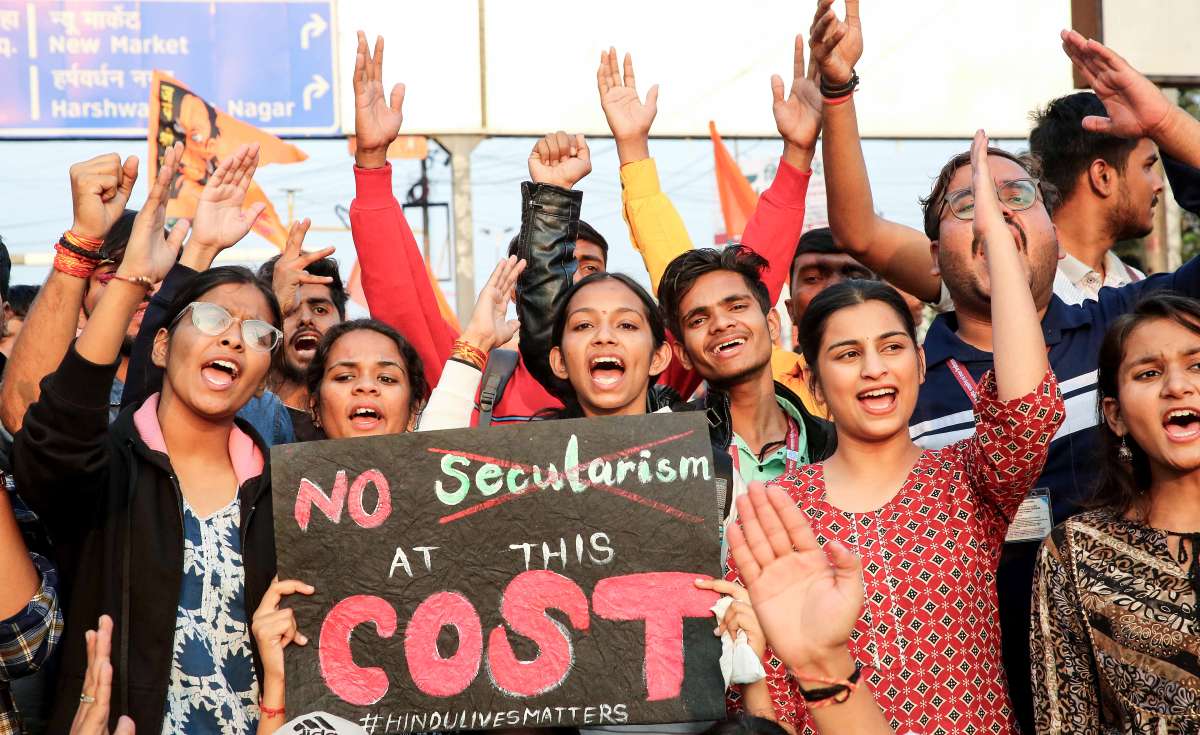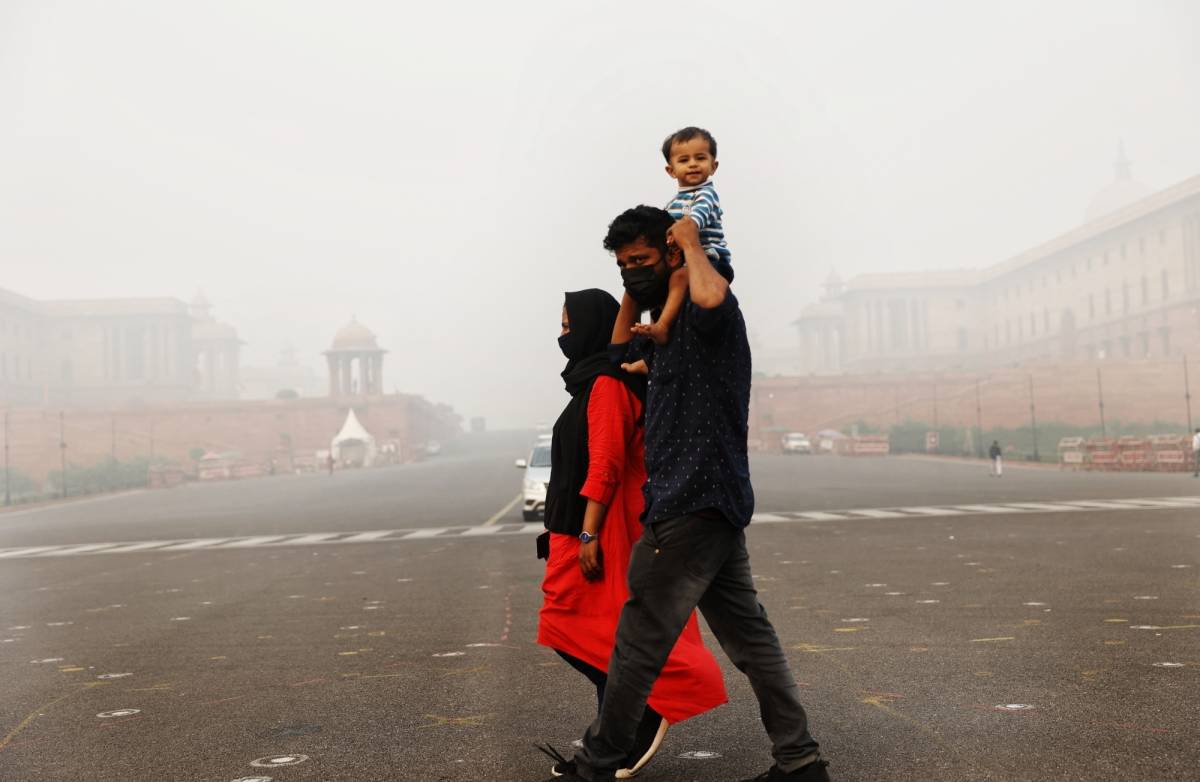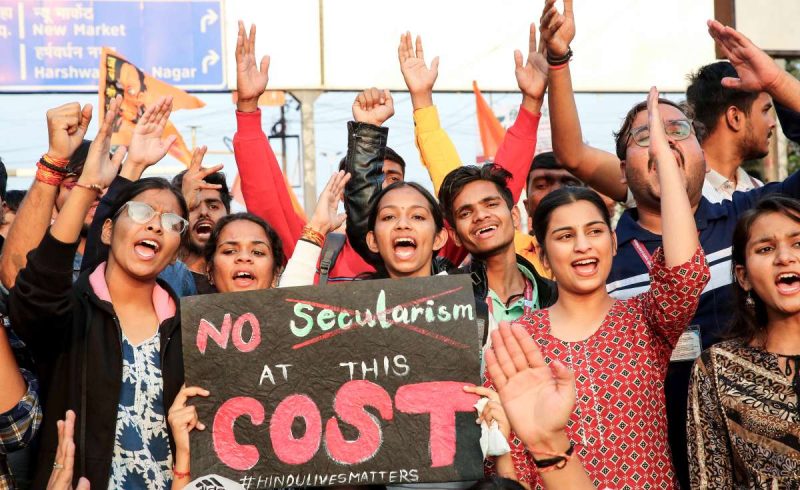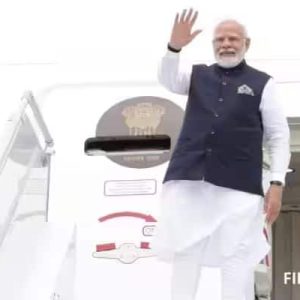Speaking at a UNSC briefing by the UN High Commissioner for Refugees, he said India hosted millions of refugees and saved them from massacre in East Pakistan, Tirumurti added…reports Asian Lite News
India’s humanitarian response to the refugee issue from Bangladesh was one of the most sophisticated and empathetic in contemporary history, India’s Permanent Representative to the UN T S Tirumurti said on Tuesday.
Speaking at a UNSC briefing by the UN High Commissioner for Refugees, he said India hosted millions of refugees and saved them from massacre in East Pakistan, he added.
“In contemporary history, India’s hospitality, and assistance for refugee communities from the neighboring countries is well recorded and appreciated. Be it the Tibetans, or our brothers and sisters from Bangladesh, Sri Lanka, Afghanistan and Myanmar, India has always responded with compassion and understanding,” he said.
“When West Pakistan unleashed genocide on East Pakistan, India hosted millions of refugees and saved them from massacre. India’s humanitarian response to the refugee issue from Bangladesh was one of the most sophisticated and empathetic in contemporary history,” Tirumurti stated.
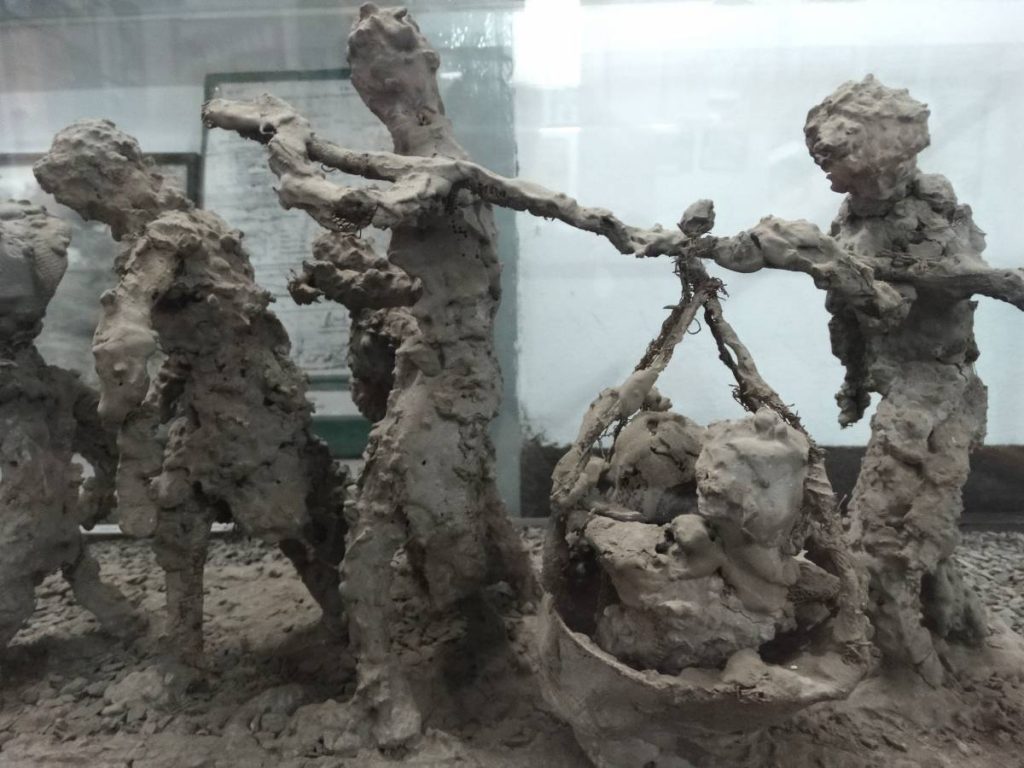
“This may well have represented one of the first instances of the UN’s concept of the ‘Responsibility to Protect’. If judged by today’s standards of human rights and international humanitarian law, the perpetrators should have received a drastically different fate,” he added.
Noting that today, India is host to a large number of refugees and our programmes to assist them are managed entirely from our own resources, the Indian envoy to UN said, India has clearly demonstrated at all times abiding commitment towards the principles of international law in protecting refugees.
India is also committed to facilitate dignified, safe and sustainable return of refugees to their homelands, he added.
Noting with concern the surge in the number of refugees and internally displaced persons under the mandate of UNHCR that reached over 91 million people, Tirumurti said the magnitude of the problem is indeed worrying.
He said India appreciates the efforts made by the Office of UNHCR in helping refugees in various countries.
The Indian Permanent Representative to UN made five observations in this regard: first, preventing armed conflicts, countering terrorism, building and sustaining peace through facilitating sustainable development and good governance will prevent people from being forced to leave their homelands.
“We cannot have States following policies which exacerbate conflicts on the one hand and then refusing to tackle refugee influx on the other” he pointed out.
Second, the primary duty and responsibility of protecting and assisting IDPs is that of the states concerned, Tirumurti stated.
“International action should remain within the bounds of the concept of sovereignty, which should not be diluted in any manner. Such action should, therefore, only be at the request of the country concerned,” he said.
Third, the refugee issue is a global challenge and no country alone can resolve this issue, Tirumurti maintained.
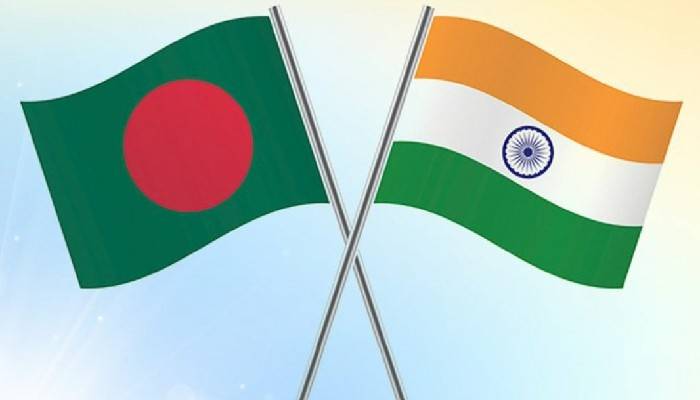
“We must continue to foster a global perspective that promotes collaboration and participation of all member states and relevant stakeholders in line with the relevant international law,” he maintained.
Fourth, we firmly believe that the principles of humanity, impartiality and neutrality must be upheld in dealing with refugee matters, the Indian Ambassador to the UN said.
“This is crucial to maintain the credibility of the international refugee protection mechanism. Member States and UNHCR must remain committed to the purposes and principles of the UN Charter and avoid politicization of humanitarian work,” he said.
Fifth, the COVID-19 pandemic has exacerbated existing humanitarian challenges and refugees are majorly exposed to the socioeconomic impact of this crisis, Tirumurti further noted.
“Humanitarian aid has become more important than ever. Member States should provide non-discriminatory and equitable medical services to refugees and take them into due account in national pandemic response strategies. We need empathy more than ever,” he held.
As per Tirumurti, India remains committed to the humanitarian protection of refugees.
“We also believe that this humanitarian endeavor must be consistent with welfare objectives and national security. We strongly believe that determined action, solidarity and multilateralism are more needed than ever to address the refugee issue,” he maintained.




